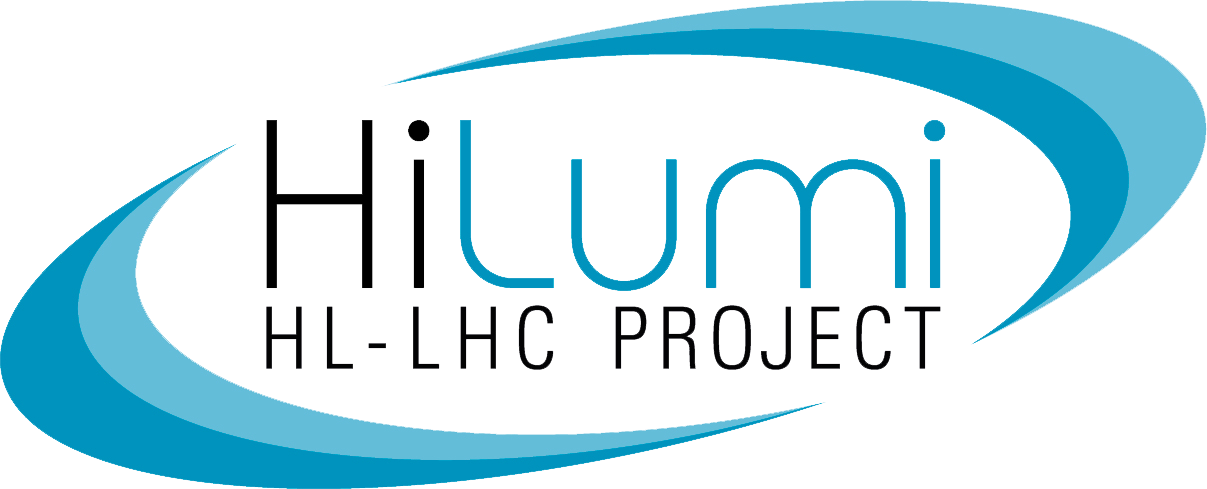Following the very successful 12th annual HL-LHC collaboration meeting, the HL-LHC project has passed its second major milestone in 2022 with the 6th Cost and Schedule Review. For this year’s ‘light’ edition, the CMAC members and external reviewers, led by Mike Seidel as the new CMAC Chair, were invited for a 1 ½ day event held in the CERN Council Chamber on 15-16 November.
This year, the focus was on the project’s response to the post-pandemic situation and the geopolitical conflict in Ukraine, which exposes the project to additional schedule and cost risks due to the volatile market situation and required the in-scoping of the previous Russian contributions. The overall overview of the project was complemented by three specific work-package presentations summarizing the encouraging technical progress in magnet production, highlighting the challenging market situation with the example of the large cryogenic contracts, and reporting on the completion of the civil engineering works for the new underground caverns and surface buildings of the HL-LHC project.
In their close-out presentation, the reviewers congratulated the entire project team on the excellent progress made in many areas despite the difficult circumstances of the last 12 months. They praised the nearing completion of the civil engineering construction, which is practically on time and on budget, as well as the significant progress on the magnet programme and the understanding of limiting issues. The reviewers confirmed that the project has responded quickly and flexibly to the loss of the ex-Russian contributions and welcomed that an appropriate replacement of all contributions either through in-sourcing or de-scoping has been clearly clarified.
The committee acknowledged the significant remaining market risk that the project will face until completion and recommends that the highest priority be given to maintaining the presented baseline schedule for the HL-LHC accelerator project, as further delays will affect the overall HL-LHC operation time along with associated costs, energy consumption and manpower commitments.
The committee also strongly recommended maintaining the current schedule and avoiding a further slippage of the schedule, both for the IT String as well as for the HL-LHC start-up in 2029.
Many other pertinent recommendations will be shared with the project team in the final report, which will be carefully considered and followed up in the run-up to next year's CSR. The project team and ATS management would like to thank the CMAC and the external reviewers for their time and commitment to this important annual review of the HL-LHC project.
